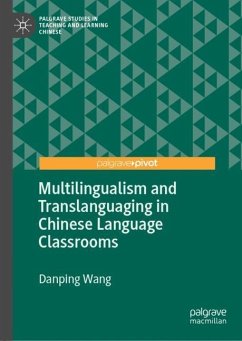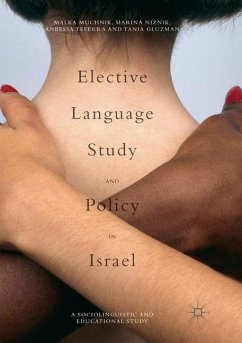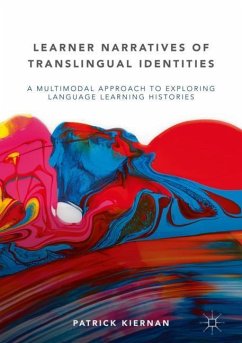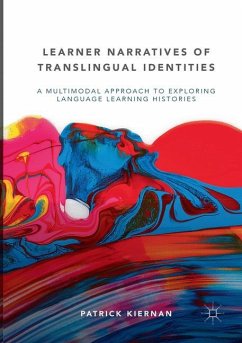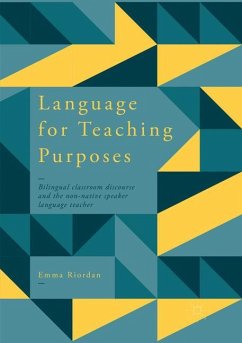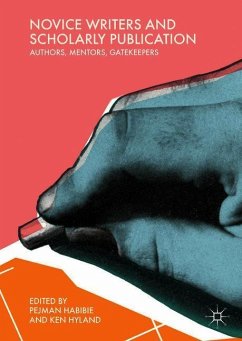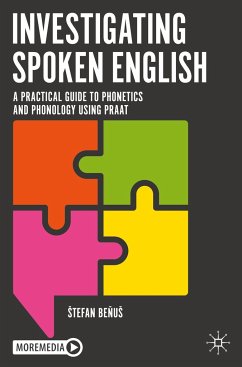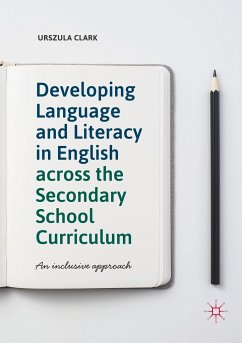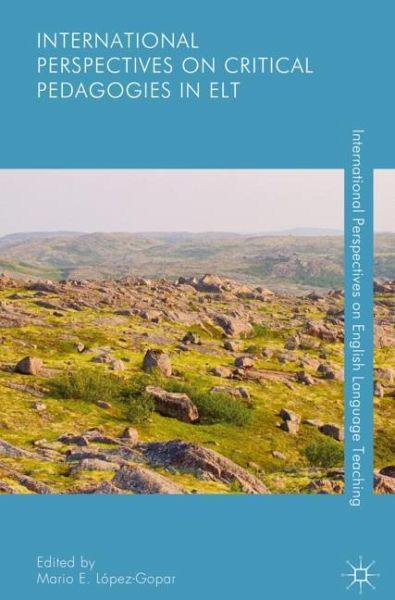
International Perspectives on Critical Pedagogies in ELT

PAYBACK Punkte
61 °P sammeln!
This edited collection brings to the forefront attempts to connect critical pedagogy and ELT (English Language Teaching) in different parts of the world. The authors in this collection write from their own experiences, giving the chapters nuanced understanding of the everyday struggles that teachers, teacher educators and researchers face within different contexts. Throughout the book, contributors connect micro-contexts (classrooms) with macro-contexts (world migration, politics and social issues) to demonstrate the impact and influences of pedagogy. In problematizing ELT and focusing on so-c...
This edited collection brings to the forefront attempts to connect critical pedagogy and ELT (English Language Teaching) in different parts of the world. The authors in this collection write from their own experiences, giving the chapters nuanced understanding of the everyday struggles that teachers, teacher educators and researchers face within different contexts. Throughout the book, contributors connect micro-contexts (classrooms) with macro-contexts (world migration, politics and social issues) to demonstrate the impact and influences of pedagogy. In problematizing ELT and focusing on so-called 'peripheral' countries where educators have created their own critical pedagogies to respond to their own local realities, the contributors construct ELT in a way that goes beyond the typical ESL/EFL distinction. This unique edited collection will appeal to teacher educators, in-service teachers working in the field as well as students and scholars of English language teaching, second language acquisition and language education policy.





